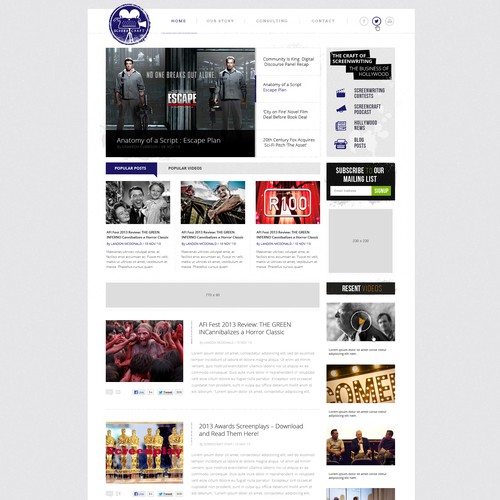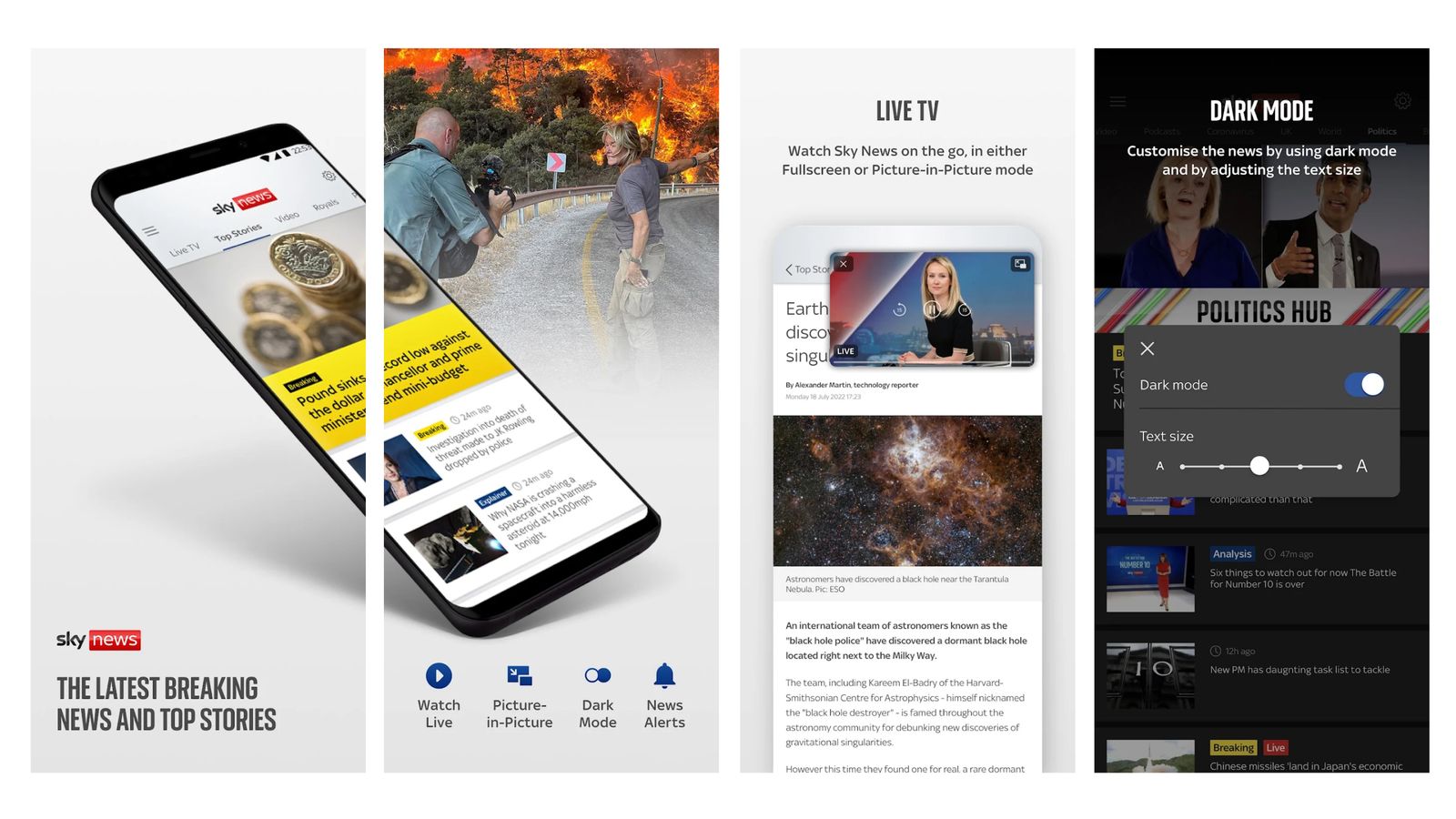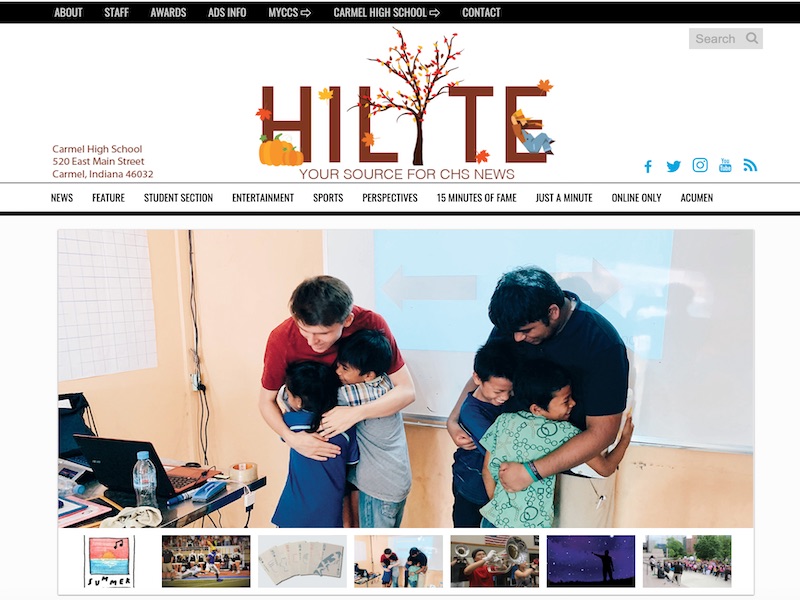News Websites for Beginners
News Websites for Beginners
Blog Article
Some Ideas on News Websites You Need To Know
Table of ContentsExcitement About News WebsitesFacts About News Websites UncoveredAll about News WebsitesSee This Report about News WebsitesNews Websites - Truths
It was down in the UK and Brazil yet up some various other countries, such as Greece, Bulgaria, and Poland (News Websites). This year, for the very first time, we asked about the different manner ins which individuals avoid the information and discovered that around half of avoiders (53%) were trying to do so in a broad-brush or routine method for example, by switching off the radio when the news began, or by scrolling past the information in social networksYou stated that you try to actively prevent news.

I'm most likely selecting to check out more light-hearted tales than I utilized to presently. M, 51, UK Switching my back on information is the only way I feel I can deal sometimes. I need to knowingly make the effort to avert for my own mental wellness.
The Definitive Guide to News Websites
Discerning evasion of Ukraine news was highest possible in much of the countries closest to the conflict, reinforcing searchings for from our additional study in 2014, quickly after the war had begun. Our data might not suggest a lack of interest in Ukraine from close-by countries however rather a need to manage time or shield mental wellness from the really genuine scaries of battle.
Contrasting Finland with a politically polarised nation such as the USA (see next graph) that is much less influenced by the war, we find an extremely various pattern of topic avoidance. In the USA, we discover that customers are more probable to avoid topics such as national politics and social justice, where debates over issues such as gender, sexuality, and race have actually become very politicised.
American national politics are rather harmful these days. I find often that I have to detach from stories that simply make me mad. F, 61, USA For some individuals, bitter and disruptive political discussions are a factor to shut off news entirely, however for some political partisans, evasion is usually regarding shutting out point of views you don't intend to hear.

News Websites for Dummies
Some are wanting image source to make news extra obtainable for hard-to-reach teams, broadening the news agenda, appointing even more motivating or favorable information, or embracing useful or solutions journalism that offer individuals a feeling of hope or individual firm. In our study this year, we asked participants regarding their passion in these various techniques.
This clarifies why stories like Ukraine or national politics execute well with news regulars but can at the same time turn much less interested customers away (News Websites). Selective avoiders are less thinking about all kinds of news than non-avoiders however in loved one terms they do seem to be a lot more thinking about favorable or solutions-based news

News Websites - Questions
2023). This might hold true in the moment, however with time it appears to be leaving several people empty and less satisfied, which may be threatening our link with and rely on the news. Throughout markets, total count on in news (40%) and count on the resources individuals use themselves (46%) are down by a further 2 portion factors this year.
Certainly, via the rear-view mirror, the COVID-19 depend on bump is plainly noticeable in the adhering to graph, though the instructions of travel afterwards has been mixed. In many cases (e.g. Finland), the count on rise see here now has actually been kept, you could check here while in others the upturn looks more like a spot in a tale of continued long-term decrease.
Some of the highest reported levels of media objection are discovered in nations with greatest degrees of mistrust, such as Greece, the Philippines, the USA, France, and the United Kingdom. The most affordable levels of media criticism frequent those with greater degrees of trust, such as Finland, Norway, Denmark, and Japan.
The Basic Principles Of News Websites
This year we asked respondents concerning their choices for text, sound and video when eating news online. Typically, we locate that the majority still favor to review the news (57%), as opposed to watch (30%) or pay attention to it (13%), yet younger people (under-35s) are more probable to pay attention (17%) than older groups.
Behind the averages we locate substantial and surprising nation distinctions. In markets with a solid reading tradition, such as Finland and the United Kingdom, around eight in ten still favor to check out online information, however in India and Thailand, around 4 in ten (40%) claim they prefer to view information online, and in the Philippines that proportion mores than fifty percent (52%).
Report this page